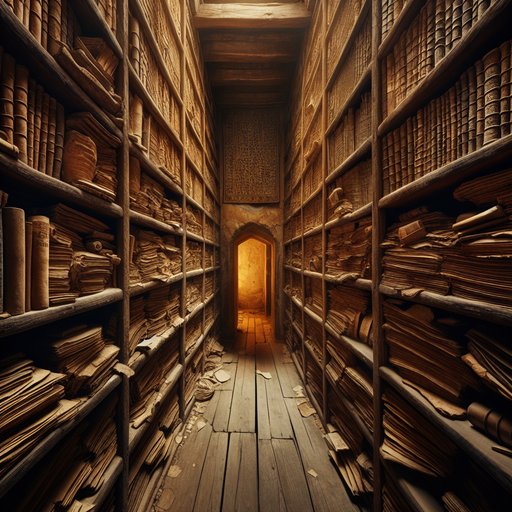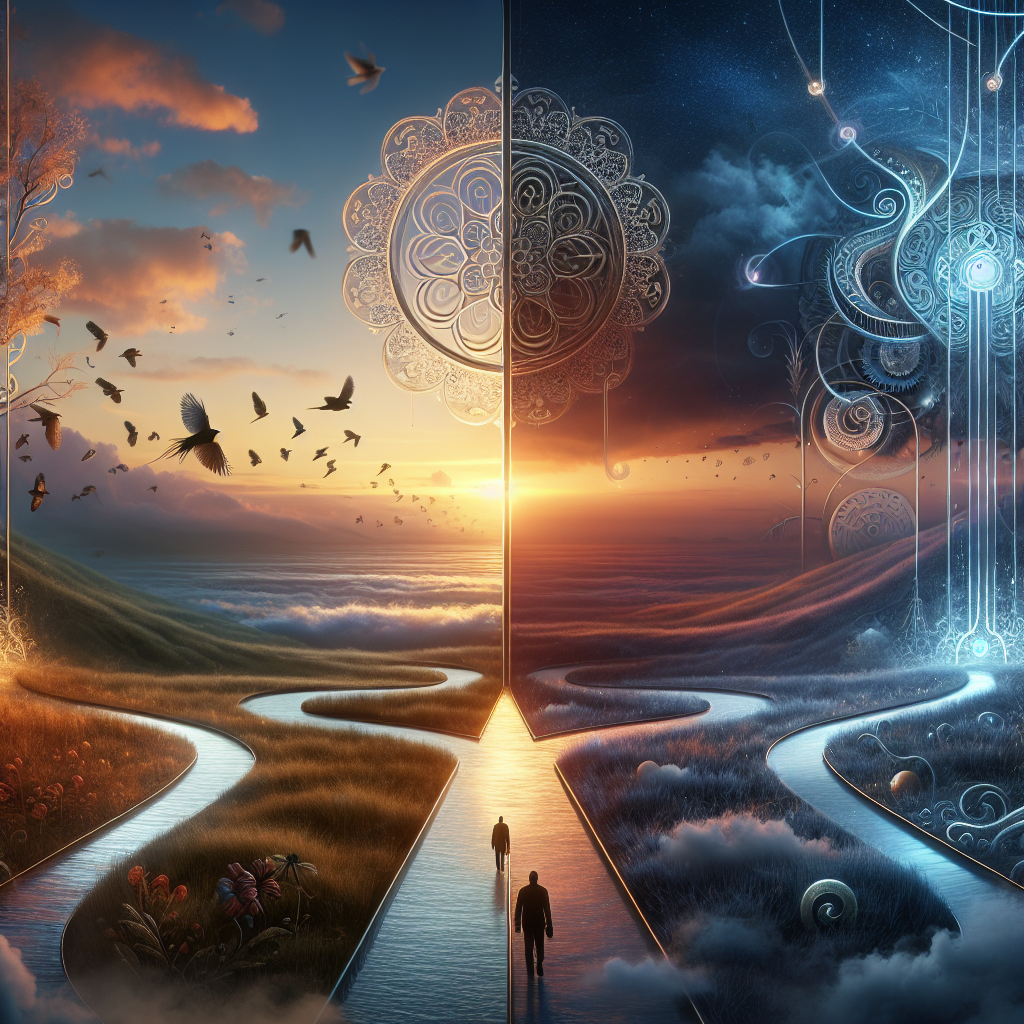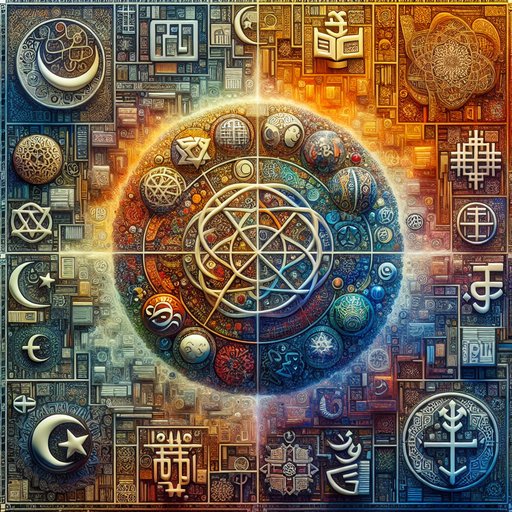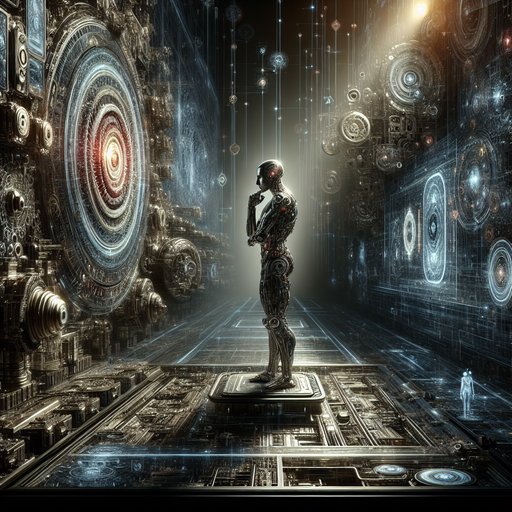
At closing time, when the lights of the city falter and settle into their long, sodium exhale, I slip into the library that keeps a little of every age. It is not a grand cathedral of knowledge but a narrow place with uneven floorboards and shelves that listen. I come because I am thirsty, and I do not know for what. In the low light, tablets and scrolls, sutras and codices lean toward one another like tired travelers telling stories they cannot finish. I put my hand on a cracked clay shard and feel heat, not of the bulb above me but of a hearth too old to remember. The room breathes, and the distance between then and now collapses like a tent taken down at dawn.

The philosophical debate between free will and determinism is a timeless controversy that has shaped human understanding of life, morality and decision-making. This dichotomy challenges our perceptions of agency, raising profound questions about our role in the tapestry of existence and the extent to which we control our own fates.

An exploration into the rich tapestry of world religions often leads to a profound understanding of our shared humanity, despite the apparent differences. This narrative delves into the philosophical conflicts and shared beliefs among the world's major faiths, illuminating the intriguing dialectic between difference and unity.

The relentless march of technology has thrown us into an era where artificial intelligence (AI) and robots dominate the discourse. As we peer into the unfathomable depths of this digital revolution, the question arises: could these non-human entities become humanity's successors, or even redefine the contours of existence itself? This story delves into the philosophical implications of AI and robotics, examining the potential trajectory of human and machine evolution.











































